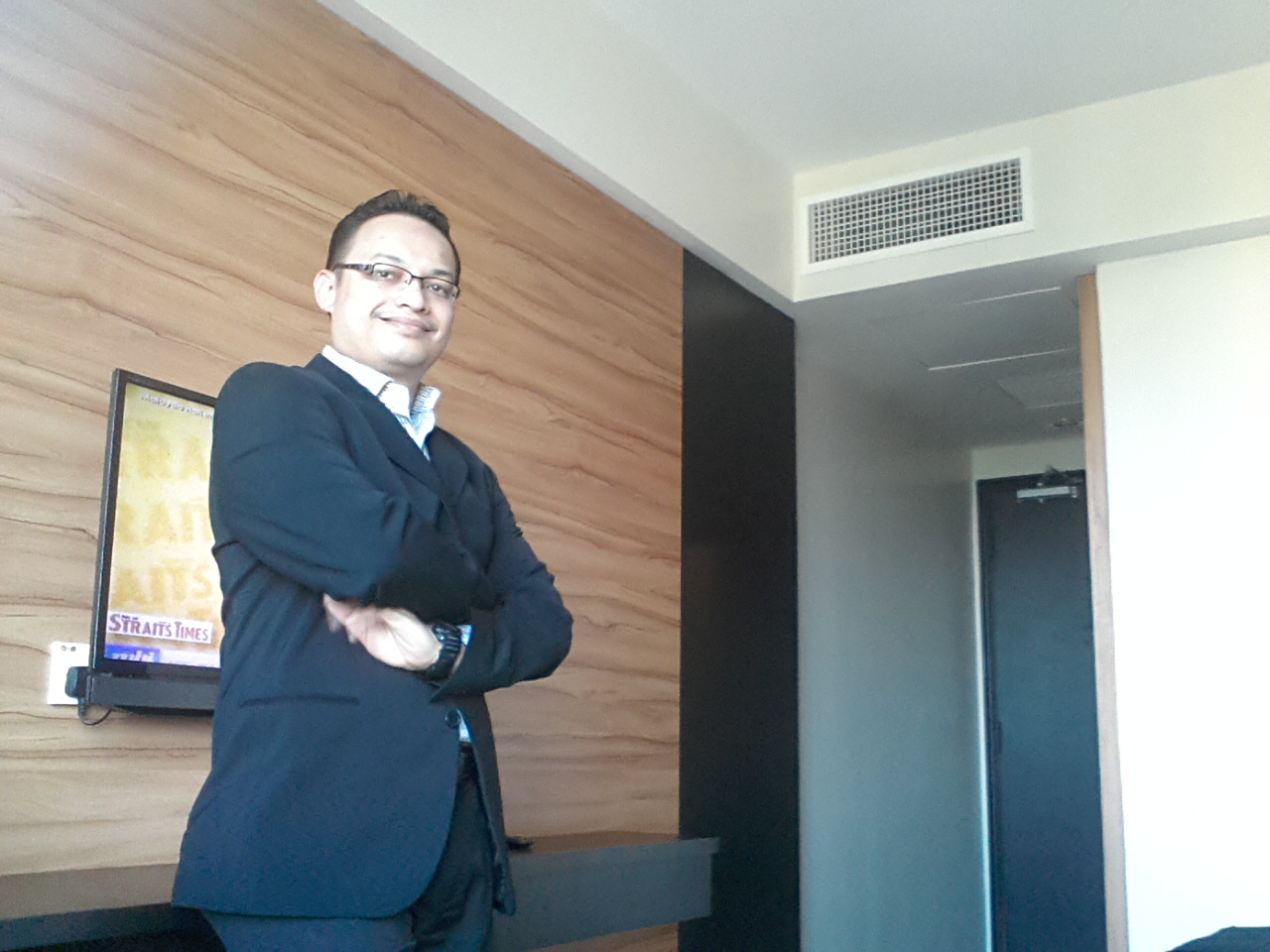
It’s the first day of the new semester. Welcome back all students 🙂 … and luckily I managed to start the class in between 2 public holidays 🙂 pheeewww…
Studying / learning fact-based subject such as History or Geography seems easy via a traditional class lecture style. However, we are not sure whether the student can capture, comprehend and apply what they just learned. Such traditional lecturer can be a “syok sendiri” situation, which is easy to deliver for the teacher/lecturer. Well, there is no different with this subject called “Refinery and Petrochemical Technology” (SKKC4723) for the final year students, which I am teaching this semester. This subject is full pack with petrochemical glossaries of chemicals, processes, equipment and others.
In order to make the learning experience more interesting and to ensure student can comprehend the subject better, we implemented Active Learning (AL) and Cooperative Learning (CL). As early in the first class today, we have attempted to create a lively learning environment situation. We provided questions, allow the students to figure out and search for the answers individually, then discuss the answers with their neighbouring friends, and eventually gave them the opportunity to share their answers to the entire class.
Synopsis of Refinery and Petrochemical Technology (SKKC4723) subject
This course presents the principles for chemical and physical processing in the Petrochemical and Refinery technologies. In particular, it emphasizes on the purpose of the process, understanding reaction chemistry, and their application. The course features extensive reading exercises as well as individual/group project and assignments.
Course Outline (CO)
CO1 – Ability to identify the source of raw material uses to the refinery and petrochemical industries and their applications.
CO2 – Ability to explain the process equipment and able to explain the concept behind the process.
CO3 – Explain and compare the processes involved in fractionation/separation, thermal conversion, catalytic conversion, polymerization.
CO4 – Analyze, adapt and design solutions for the current chemical processing to relate with the current working environment.
CO5 – Demonstrate ideas effectively via project report and presentation
CO6 – Work independently, and as a member or a leader in a team to carry out a project on refinery and petrochemical industry.
CO7 – Seek and manage the information and knowledge related to petrochemicals industries.
Brief facts about the first class (10th September 2018):
- In the first day of class, 12 students attended. I am expecting the class to be around 20 students. Mainly because some students are not back yet to the university.
- Today’s class consisted of 10 Malaysian student, 1 Indonesian student and 1 Japanese student.
- So far, I have only male students.
- Communication are via Whatsapp group which was created 1 week before the class started and contents for the class are shared via eLearning.
- Survey form was given to the students before class to assess their understanding on all 7 Course Outline for this subject. We shall evaluate the same form later at the end of the semester.
- 2 major activities were conducted in the class which was (1) letting the student to view the overall Refinery / Petrochemical processes, learn individually, discuss in pairs and later allowing them to volunteer to explain in class, and (2) assembling them into 5 small groups to investigate and prepare notes on the raw materials required for the Refinery / Petrochemical industry. Later the students presented their work to the class.
- In this first class, we pretty much covered CO1, CO4, CO5, CO6 and CO7. But this doesn’t mean those COs are done being covered and assessed. We will have quizzes, test, exams and few more activities in class so that the students can really grasp the knowledge from this subject.
My hope is for the students to fully understand this subject and able to apply it soon when they work.
#ActiveLearning
#CooperativeLearning
#EngineeringEducation












